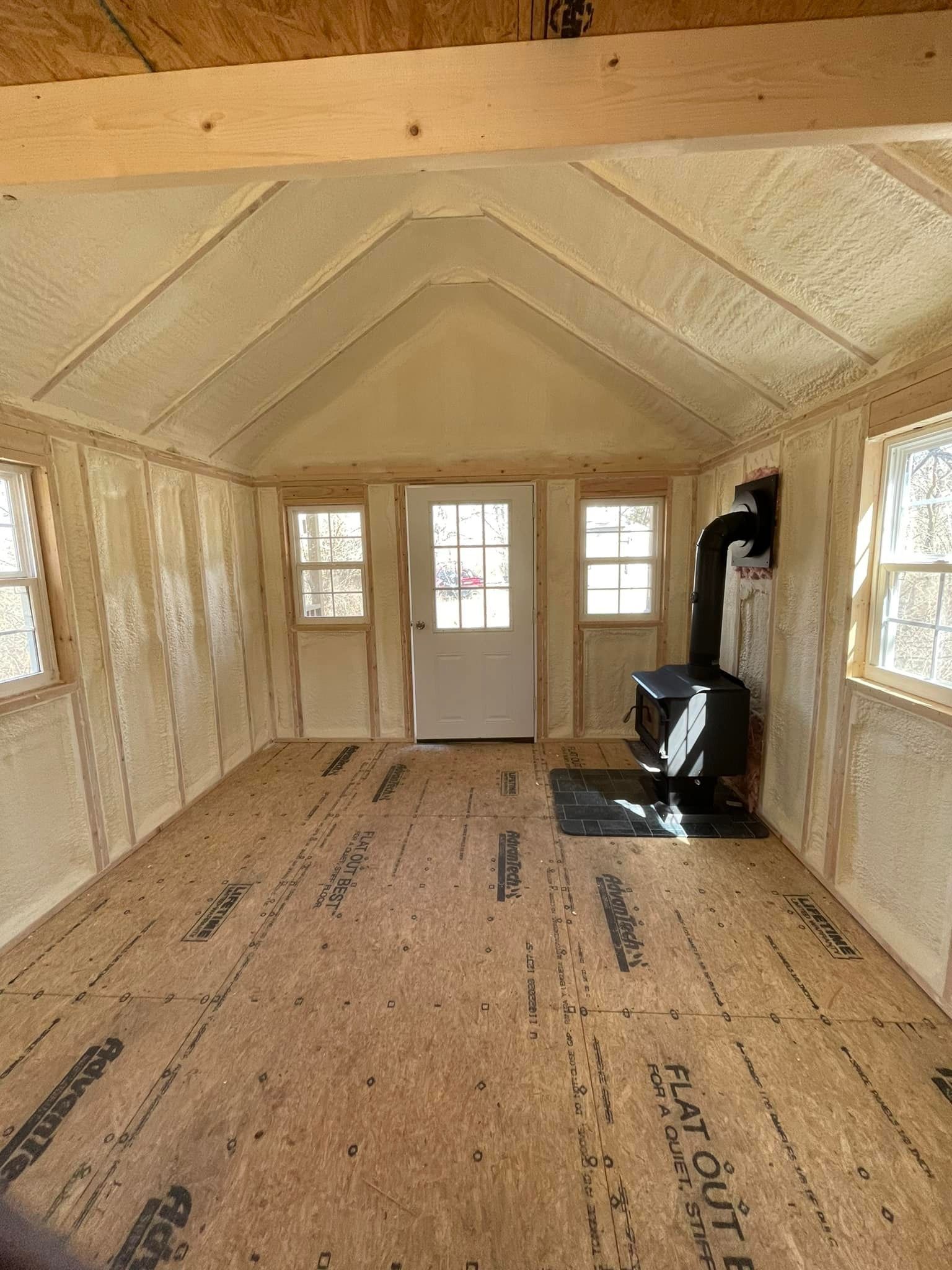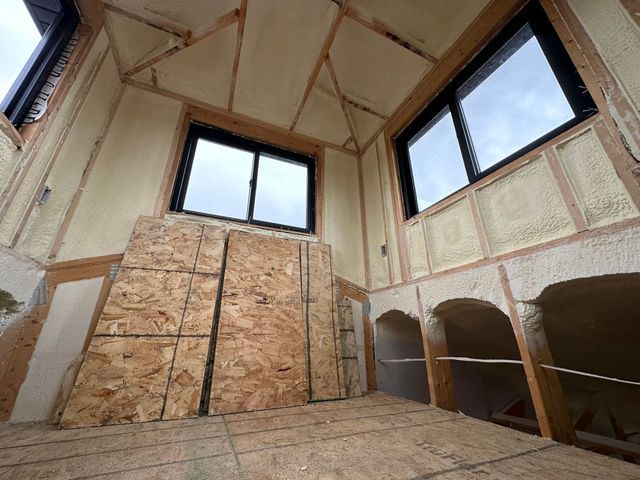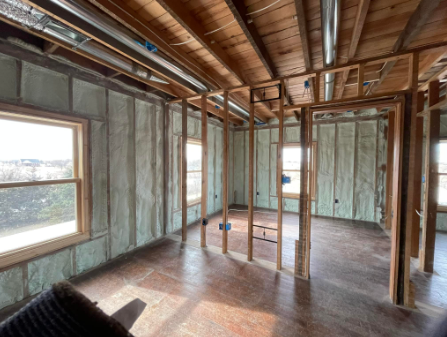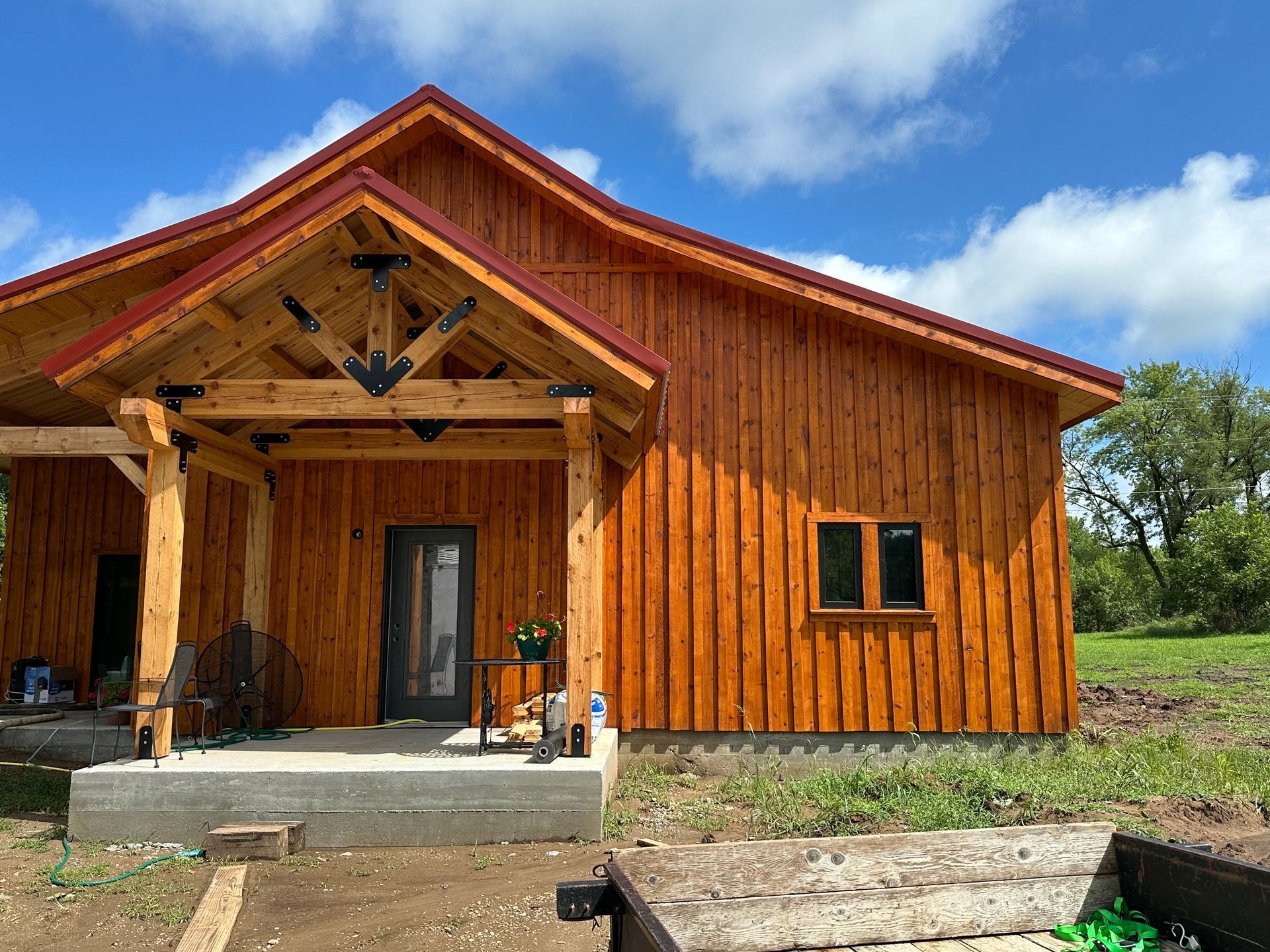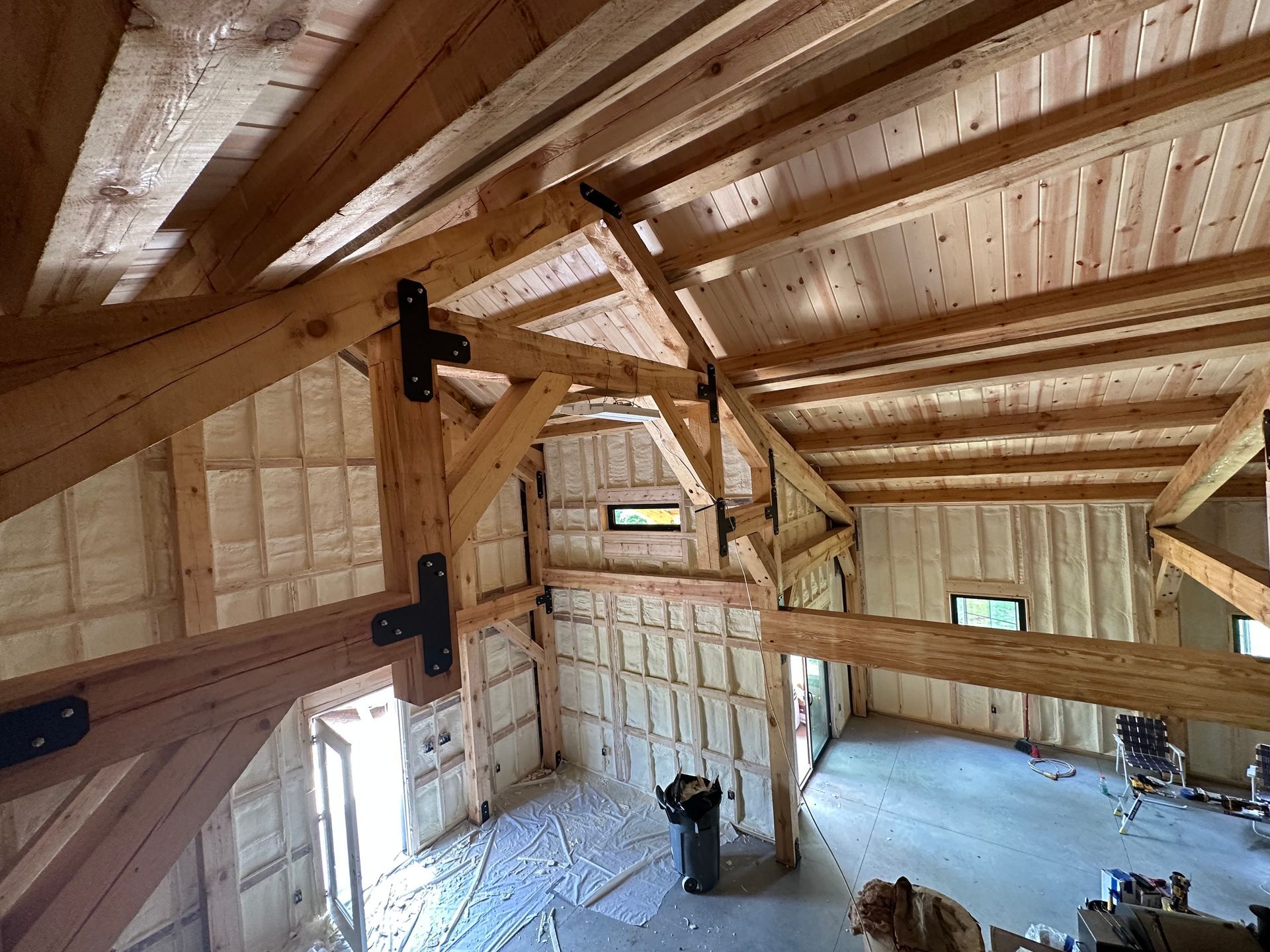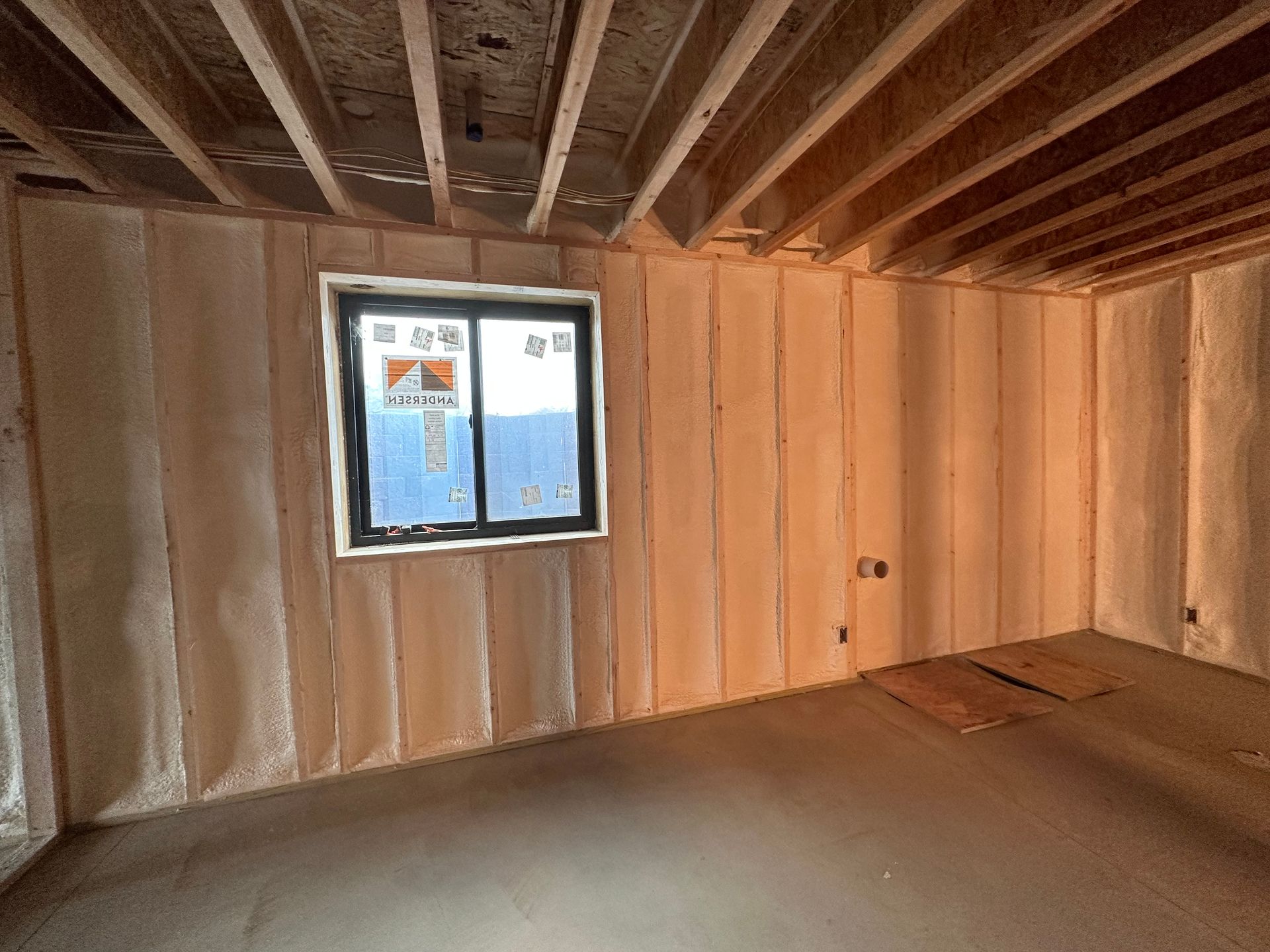Residential Insulation
Let Danner Save you 15% - 50% on energy bills per year
Efficient, quiet, and built for Nebraska
Based in Syracuse, NE, Danner Spray Foam has 20+ years of experience serving Otoe County and the Lincoln area with residential spray foam insulation. Closed-cell spray foam helps cut energy bills, keep rooms comfortable in every season, and often pays for itself over time while lowering CO₂. It also helps reduce mold risk, block outside noise, and can boost resale value—making your home quieter, healthier, and more efficient.
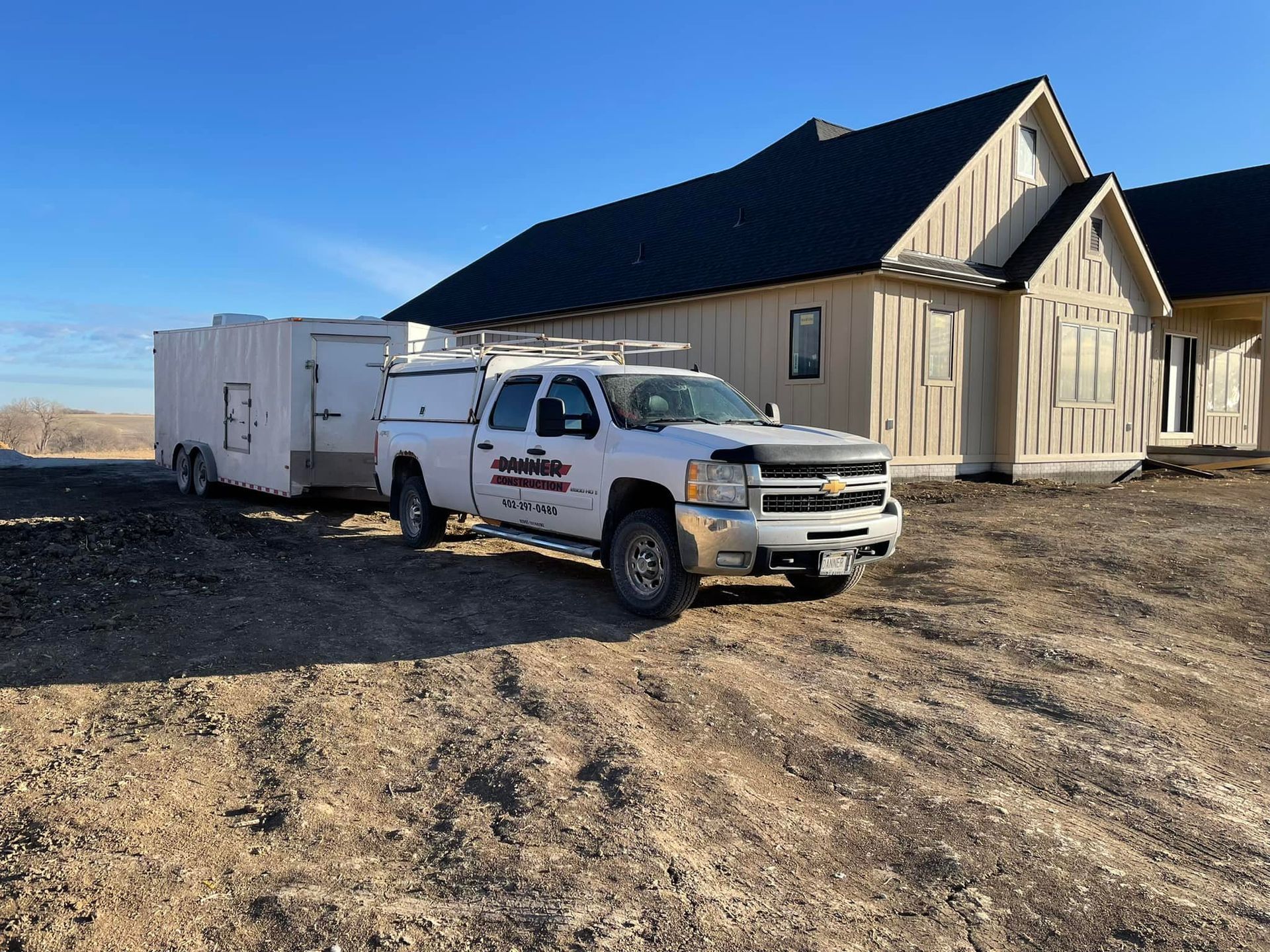
FREE
Estimates
One-Year
Warranty
20+ Years
Experience
Residential Spray Foam Applications
- New Construction
- Roofing, Siding & Gutters
- Windows & Garages
- Kitchens & Bathrooms
- Basements & Attics
Benefits of Residential Spray Foam Insulation
- Reduce Energy Costs
- Regulate Home Temperature Year-Round
- Reduce Potential Mold Growth
- Reduce CO2 Emissions
- Reduce Outside Noise
New Construction Homes
& Spray Foam Insulation
Spray foam isn’t just good for homeowners—it’s builder-friendly. Installed after rough-in and before drywall, closed-cell foam goes in fast, seals tight, and helps projects pass inspection with fewer callbacks.
- Fast install, clean schedule: Quick application during the framing stage
(after MEP rough-ins, before drywall). - Adds rigidity: Increases racking strength and overall wall/roof stability.
- Moisture control: Acts as a vapor barrier to help prevent mold and water damage.
- Air sealing in one pass: Fills cracks, seams, and penetrations to stop drafts.
- Quieter interiors: Dampens outside and room-to-room noise.
- Low maintenance: Long service life with little to no upkeep.
- High R per inch: Hits energy targets with less thickness than many alternatives.
- Trade-friendly finish: Stays put—no slumping or gaps—so drywallers, trim crews, and inspectors see consistent cavities and clean lines.


